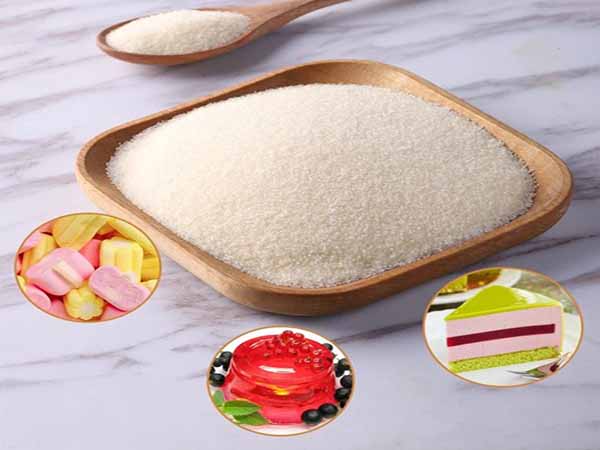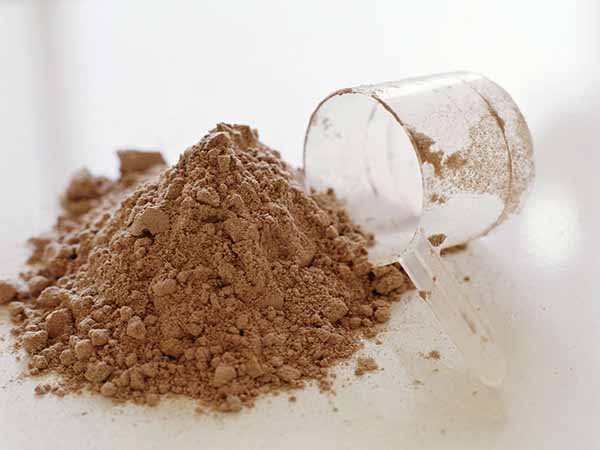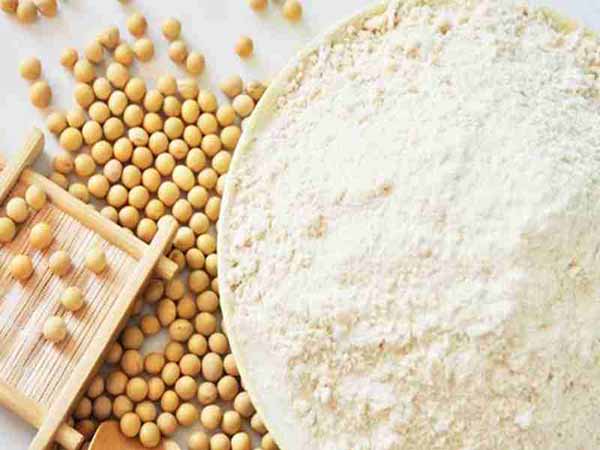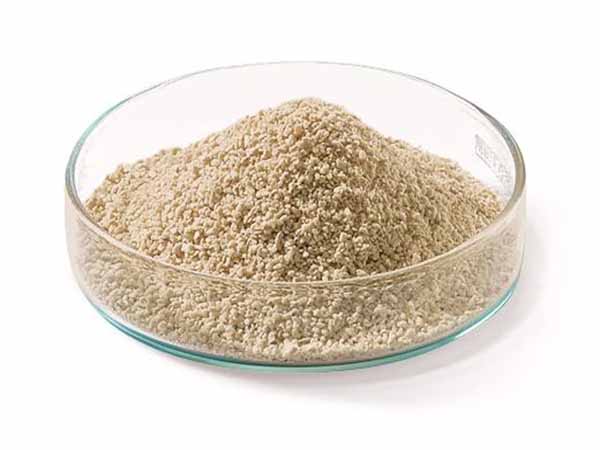Biopolymer Dehydration Machine
Biopolymer dehydration is a process that involves removing water from biopolymers, which are naturally occurring polymers that are derived from living organisms. Biopolymers are gaining popularity due to their renewable and sustainable nature, as they can be derived from renewable sources such as plants and animals.
The dehydration process for biopolymers is similar to that of other polymers, where the material is subjected to high temperatures to remove water molecules. However, due to the natural and delicate nature of biopolymers, it is important to use gentle drying techniques that do not damage or degrade the material.




One common method for dehydrating biopolymers is using the Genex Refractance Window drying, which involves removing the moisture from the material and then subjecting it to a vacuum to remove the water molecules. This method preserves the structure and properties of the biopolymer while removing the water content.
Another method for dehydrating biopolymers is air-drying, which involves exposing the material to air at a controlled temperature and humidity to remove the water content. This method is often used for materials such as cellulose and chitin, which have a high water content and can absorb moisture easily.
This Biopolymer can be Dehydrated as follows
| Agars | Gluten |
| Cellulose | Pea Protein |
| Chitin | Plant Protein Concentrates |
| Collagen | Plant Protein Isolates |
| Collagen Hydrolyzate | Soy Protein |
| Citrus Pectin | Starches |
| Gelatin | Sunflower Pectin |
The specific conditions and techniques used for biopolymer dehydration can vary depending on the type of material and the desired properties. For example, some biopolymers may require a longer dehydration time or a lower temperature to avoid degradation. This can be easily achieved by using Genex Refractance Window Dryer.
Overall, biopolymer dehydration is an important process for the production of various biopolymer-based materials, such as biodegradable plastics, biofuels, and biomedical materials. The use of gentle and controlled drying techniques manufactured by Genex Project is crucial to preserve the natural and delicate structure of biopolymers while achieving the desired properties.

